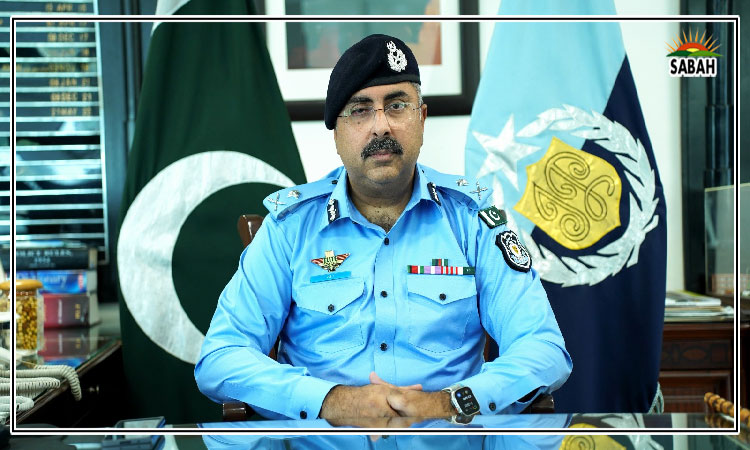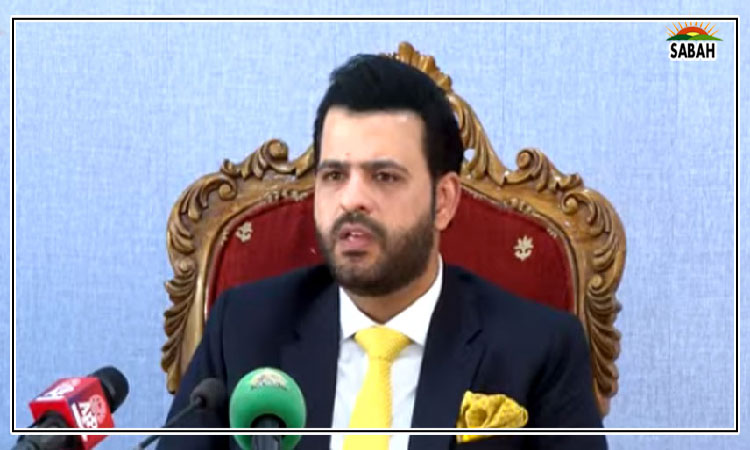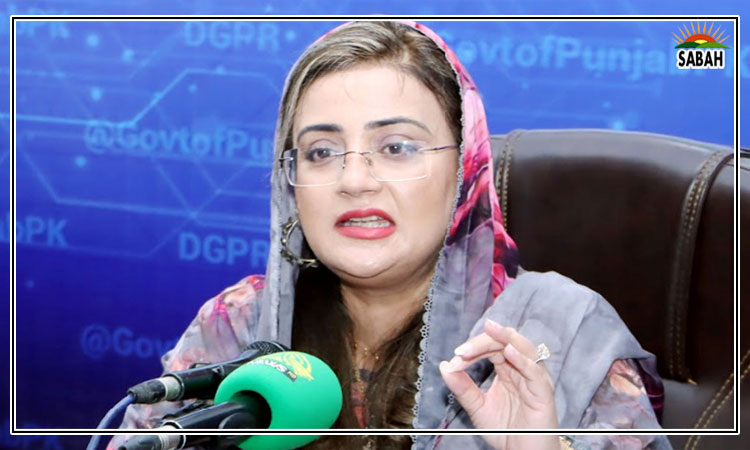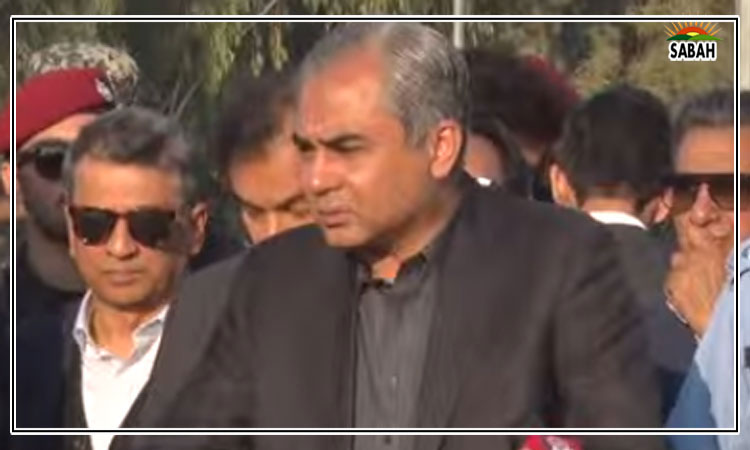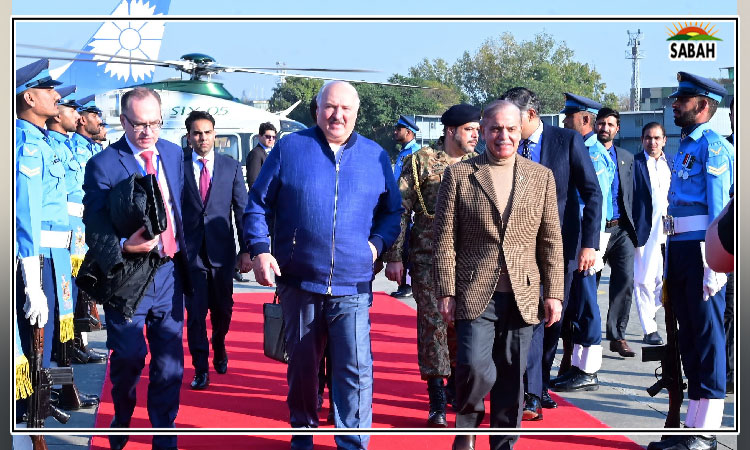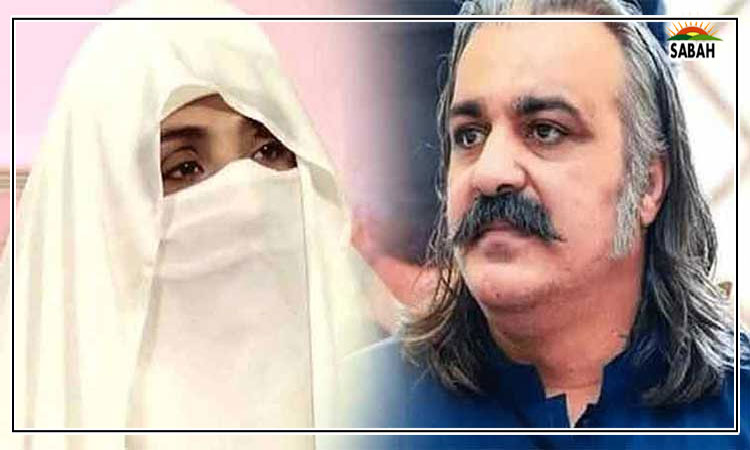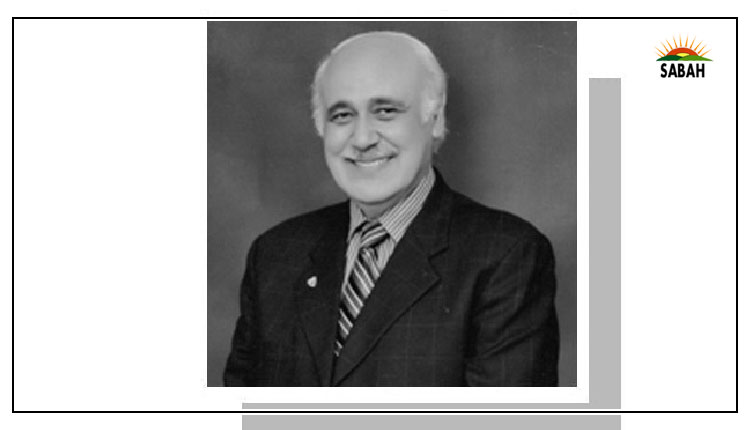What’s in a name?…F.S. Aijazuddin
PAKISTAN holds an unusual pack of cards. It has no kings. They have been either deposed, exiled, assassinated, or hanged. It has no queens. One potential qualifier Miss Fatima Jinnah was defeated by an armed dictator using rigged polls in 1965, and the second Mohtarma Benazir Bhutto was murdered on anothers watch in 2007.
It has no jacks. They have either lost heart, swipe clubs against their opponents, or use spades to dig each others graves. None sparkle like diamonds. All that Pakistan has left is a full deck of jokers.
Each day, we Pakistanis wake up to a false dawn, hoping that each new today will have forgotten yesterday. Each night, we sleep and dream of a utopia where gas and electricity flow like milk and honey.
Were astrologers right when they advised Pandit Jawaharlal Nehru to celebrate independence on Aug 15 rather than the unlucky 14th? Why did Nehru prefer the name India to the archaic Bharat or emotive Hindustan?
Each day, we wake up to a false dawn.
Those who wrote the Indian constitution gave their countrymen both the anglicised India and Sanskritised Bharat. Nehru preferred the former, and not because it could increase the sales of his book The Discovery of India.
His feel for the flow of history was too strong. He saw the vast subcontinent from the top of the northern Himalayas to the southern tip of Cape Comorin as a contiguous cultural, ethnic, spiritual whole. Not, as the British had done, as a colony consisting of princely states marooned in a sea of vanquished territories. Nor, as his successor PM Modi sees their country, through saffron-tinted lenses.
PM Modi has already demonstrated his electoral authority by redefining borders, revoking Article 370 and appropriating the contested area of Jammu & Kashmir. He now wants Nehrus secular India to convert into BJPs Hindutva Bharat, and Gandhis charkha or spinning wheel to be replaced by Shivas trishul or trident.
PM Modis timing could not have been better. He had an audience of world leaders in New Delhi at the G20 summit. Two leaders to whom this change of name will make no difference are deliberate absentees from the G20 conclave: Chinas Xi Jinping and Russias Vladimir Putin. To them, India by any other name still smells of regional hegemony.
Once before New Delhi was propelled into such prominence. In 1982, Mrs Indira Gandhi hosted the Asian Games. She commissioned a talented young designer called Rajeev Sethi to refurbish the tired city. He began with the airport where he hung cylindrical cloth tubes stamped with vivid colours drawn from a Rajasthani palette. Indias welcome swung gaily above the heads of arriving visitors.
Outside, they were surprised to drive along four-lane highways rather than having to compete, as ambassador J.K. Galbraith put it, with 5,000 years of transport.
Seventy-six years later, while India/ Bharat is oscillating between names, we in Pakistan are still trying to achieve a cohesive identity and secure our place in the comity of nations.
We stood on the doorstep of BRICS and watched Ethiopia slip past us through the door. We peered over the fence like some inquisitive neighbour while New Delhi celebrated its success at the G20 summit by admitting the 55 member states of the African Union (including Ethiopia) into its fold.
If we are honest with ourselves, we would accept that no one is genuinely fond of us. Who would befriend an importuning beggar whose survival depends on handouts?
Applying the maxim jam yesterday, jam tomorrow, but no jam today, yesterday, the Saudis, the UAE and China shored up our forex reserves with billions of dollars as deposits that cannot be spent and will have to be returned. We are assured that tomorrow, friendly Arab countries will commit $100 billion to revivify our economy. Meanwhile today, an insecure interim government tries to convince lenders that we are still a bankable bet.
Without wishing to dilute the nations optimism, would any country (however cash-heavy) be prepared to lend endlessly to an impecunious bankrupt, whose problems are painfully short-term and their solutions even more painfully long-term, but refuses to tackle either?
Political parties demand elections, whenever. The PPP is ready and wants them within 90 days. Others prefer a longer gestation period. How can they assure voters, though, that the next parliament will be better than its predecessors? Or will it be the same rancid water poured in new bottles?
Thousands of our educated and skilled citizens are not waiting for the next elections to cast their votes. They are voting with their feet, by migrating to whichever country will admit them even Ethiopia.
Our bankruptcy is not only fiscal. It is intellectual. We have an expenditure of words without an income of ideas.
Courtesy Dawn



